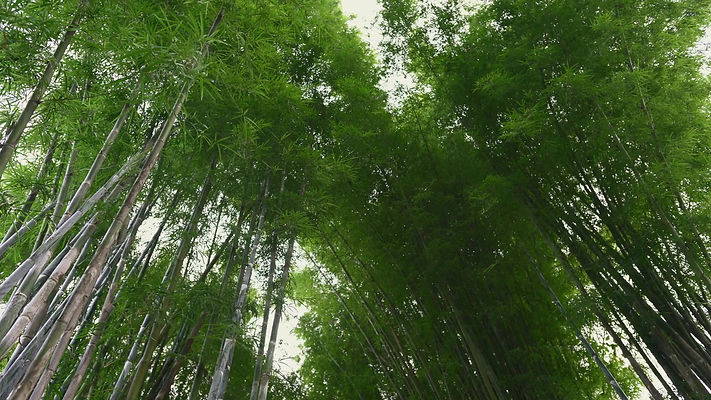
Rhizomatic Growth of Woody Bamboo
We're excited to share a recent scientific paper by our own agronomist, Hormilson Cruz, originally published in the "International...


Harvesting Opportunity: The Power of Sympodial Bamboo in Culture and Economics
Sympodial bamboo has played a significant role in human societies for thousands of years, today serving as a versatile resource with...


The Role of Rhizomes in Growth and Spreading Habits of Bamboos
Bamboos, often referred to as "the wonder plant," are renowned for their rapid growth and unusual resilience. One of the key factors...



.png)
_edited.jpg)









